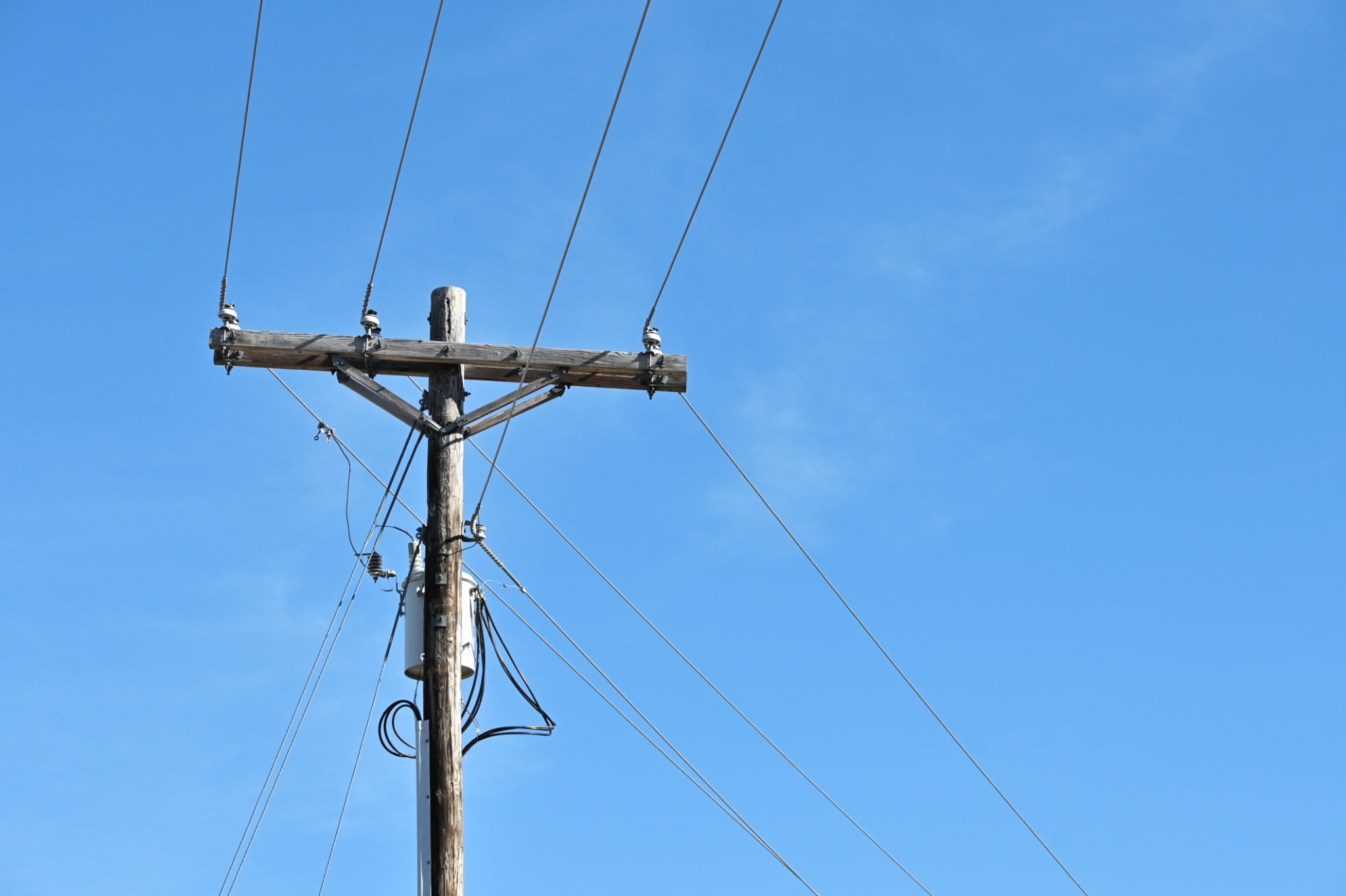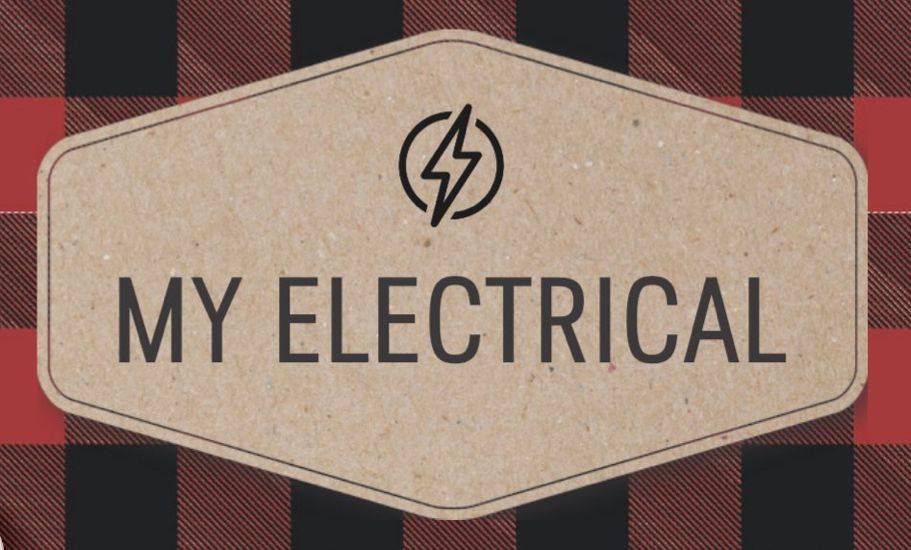Understanding Electrical Code Requirements for Ottawa Homes
Introduction to Electrical Code Requirements
For homeowners in Ottawa, understanding electrical code requirements is crucial for ensuring the safety and efficiency of their homes. Adhering to these codes not only prevents potential hazards but also ensures compliance with local regulations. This guide will help you navigate the essentials of electrical code requirements specific to Ottawa homes.
The electrical code is a set of standards that governs the installation and maintenance of electrical systems. It’s designed to protect residents from electrical hazards such as fires, shocks, and other risks. In Ottawa, the Ontario Electrical Safety Code (OESC) is the primary set of regulations that homeowners must follow.

The Role of the Ontario Electrical Safety Code
The OESC is updated every few years to incorporate new safety technologies and practices. It covers a wide range of topics, including wiring methods, grounding, and the installation of electrical equipment. These updates ensure that your home’s electrical system is as safe and efficient as possible.
One of the key aspects of the OESC is its focus on preventing electrical fires. This includes regulations on circuit breakers, electrical panels, and the proper use of outlets. Ensuring that these components meet code requirements can significantly reduce the risk of electrical fires in your home.
Grounding and Bonding
Grounding and bonding are critical components of any electrical system. Grounding provides a path for electricity to follow in the event of a fault, while bonding ensures that all metal parts in an electrical system are connected. The OESC requires proper grounding and bonding to prevent shock hazards and equipment damage.

Wiring Standards in Ottawa Homes
Wiring is a fundamental aspect of any home’s electrical system, and it must adhere to specific standards set by the OESC. Inadequate wiring can lead to numerous issues, including power outages and fire hazards. It’s vital to use the correct wire size and type for each application within your home.
Homeowners must also be aware of load calculations, which determine the electrical demand on a circuit. Overloading circuits can cause breakers to trip and even lead to fires. Ensuring that your wiring meets code requirements helps maintain a safe and reliable electrical system.
Common Wiring Issues
Several common issues can arise if wiring does not meet code requirements, including overloaded circuits, improper connections, and outdated materials. Addressing these issues promptly is essential for maintaining safety in your home.

Working with Licensed Electricians
While some homeowners may attempt DIY electrical work, it’s always best to hire a licensed electrician. Professionals are well-versed in the latest code requirements and have the expertise to ensure your home’s electrical system is safe and efficient. Hiring a licensed electrician also ensures that any work done is up to code, reducing the risk of future issues.
Licensed electricians not only bring peace of mind but also help protect your investment. They can identify potential problems before they become significant issues, saving you time and money in the long run.
Permits and Inspections
In Ottawa, obtaining the necessary permits and scheduling inspections is an integral part of any electrical project. These steps are designed to ensure that all work complies with the OESC and local bylaws. Inspections provide an additional layer of assurance that your home’s electrical system is safe and up-to-date.
By understanding and adhering to electrical code requirements, Ottawa homeowners can protect their families and ensure their homes remain safe and functional for years to come.
